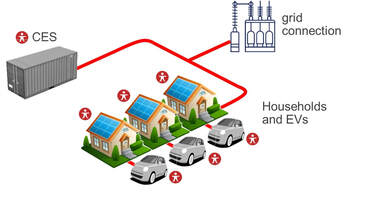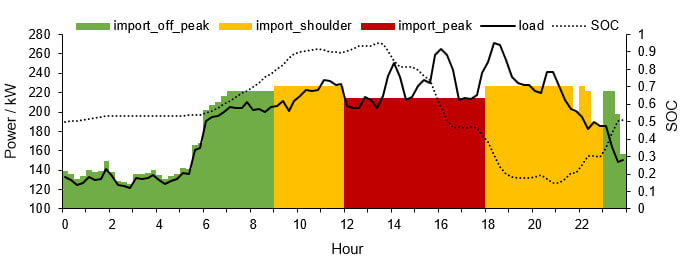|
We develop models of energy systems and markets to understand how best to design and operate technology, including Carbon Capture, Utilisation and Storage and Energy Storage, to improve economic and environmental performance. These allow us to study the impact and design of policy to support the energy transition.
|



